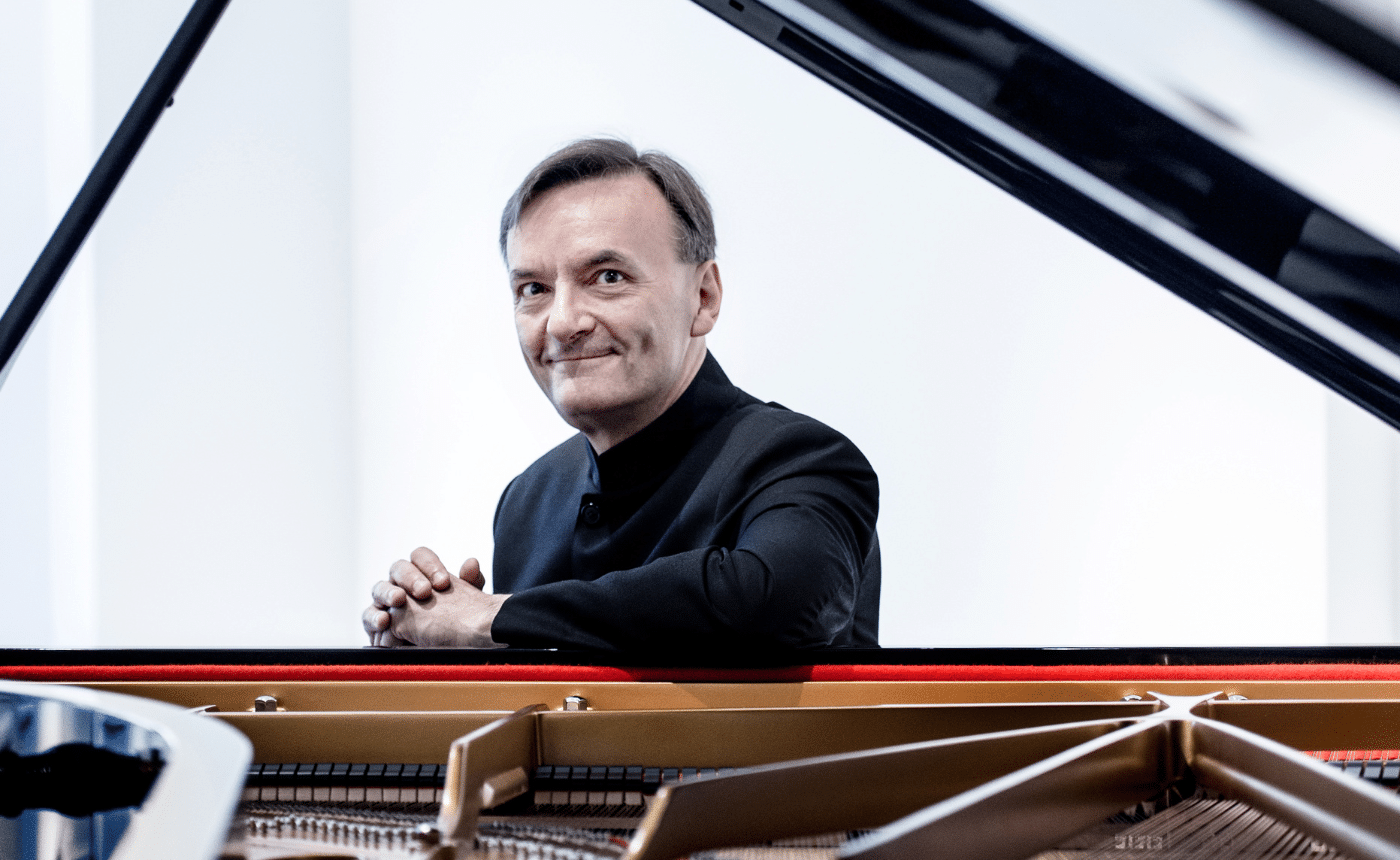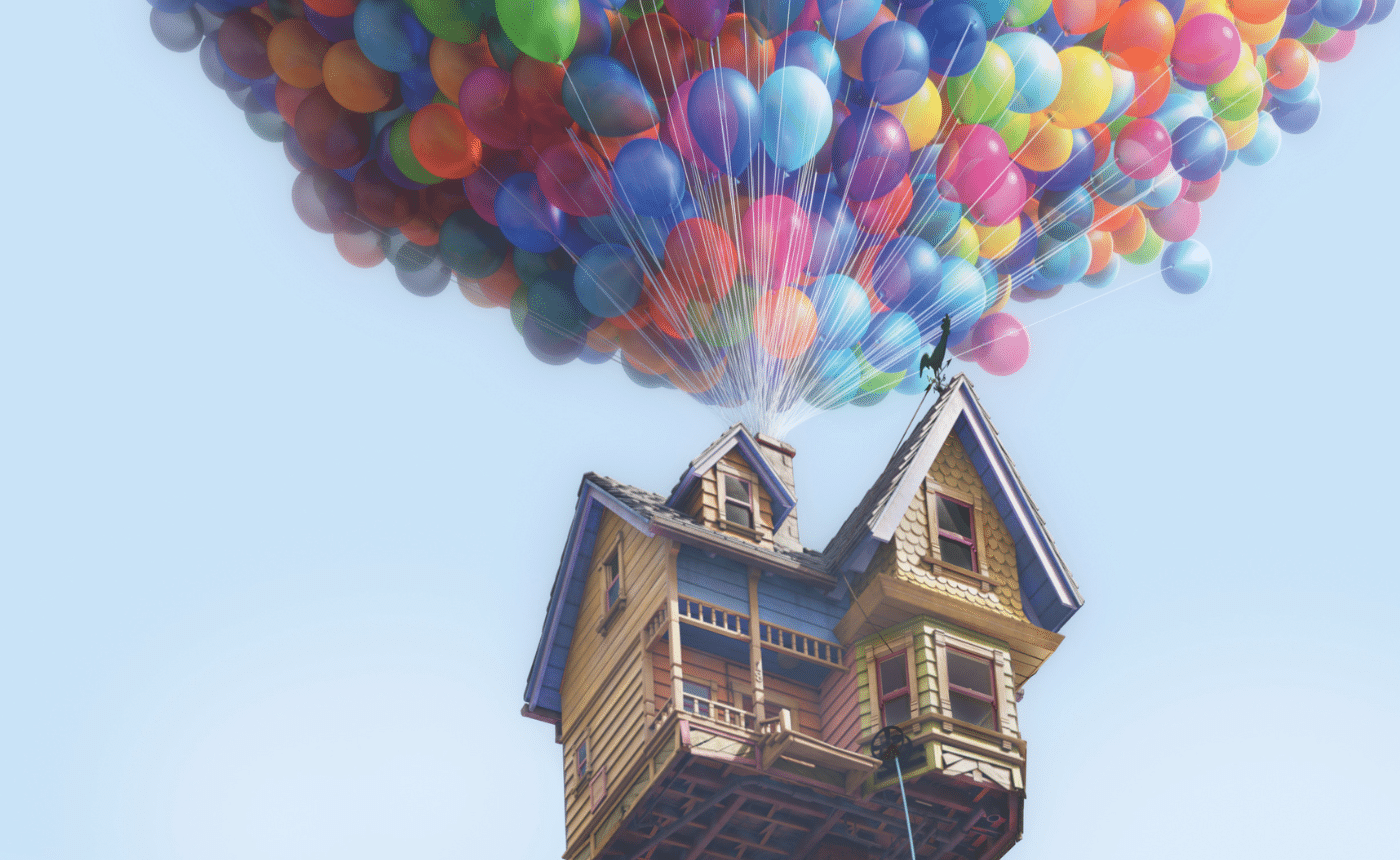Joan Tower Inside Final Emerging Composers Performance
Joan Tower has made her mark as one of the most influential woman in the world of music. By embracing the idea of living composers and sharing this with her many students, Joan has effectively shaped music as an educator as well. As a professor at Bard College, she teaches her students the importance of business and celebrating living composers in harmony with past composers. She is truly a living legend, and has undoubtedly earned her title as one of the most important American composers of all time.

Joan Tower, along with the Muir Quartet, has taken up a residency at the Deer Valley Music Festival. On July 28th, 2015, they will take their final bow as the mentors of the Emerging Quartets and Composers Program that has found its home in Park City for the last 10 years. We were able to speak with Joan Tower about the program, the composers, and the music.
Utah Symphony | Utah Opera: How did you originally get involved with composing?
Joan Tower: I didn’t start composing until I was 18 in college and I was asked to write a piece which turned out to be a disaster. I said to myself, “I think I can do better than that” so I’ve been trying to for almost 60 years.
USUO: How did you first get acquainted with the Muir Quartet?
JT: As I recall, they asked me to come to Snowbird to give a talk, but I said to them “You should have composers here!” and they said “That’s a good idea, why don’t you come and join us and bring some young composers,” and that began a long association. They also asked me to write a piece with them, my first quartet. That was the beginning of a long association with the quartet world. Muir Quartet has played everything I’ve ever written. They know my music better than anyone else.
USUO: What are some of the alumni of this program doing now?
JT: The most famous is Jennifer Higdon who won a Pulitzer and a Grammy and just finished an opera for Santa Fe Opera. She has become a big deal in the orchestra world. Of the quartets, the St. Lawrence, JACK, and Cypress have all gone on to make a real name for themselves.
USUO: Can you tell me anything about the composers and program this year?
JT: They are both students of mine, very talented. I can’t share much because it’s going to be a new piece written by both of them. I’m sure they will come up with something interesting, I’m looking forward to it. It is a mixed blessing, we’ve sort of resigned to it that this program will end . We’ve had a good ride and loved every minute, it will be a sad farewell.
USUO: How do you pick the composers and quartets that will be part of the program?
JT: A lot of them have been students of mine or people I know, and I pick them personally, we don’t do a call out. It’s the same with the quartets, they pick the appropriate quartet for the festival.
USUO: What is the experience at the program like?
JT: It is a very serious music making activity. If we have to change things in pieces, we have time to do that. The rest of the time we hike and eat and swim. But there is a lot of music making. The players work with them and I work with the players, Muir works with the players, that’s where the energy goes.
USUO: What is the biggest concept that you try to teach?
JT: I’m more like a traffic cop, I set up a situation where they hear their music played seriously and that is where they really learn. To put a piece together as best they can, to hear it, to learn from it what is working and what is not, that’s the real learning situation.
USUO: How has this program changed since its inception?
JT: It has gotten more serious and the level has gotten higher. It is smaller, they used to have an amateur component, but that was dropped early on, so then it became this very small but serious thing.
USUO: Are there any other programs like this available?
JT: Yeah, but not many. The big festivals in Aspen have these programs, but they are much bigger. I think going small is much better because the composer gets much more attention from the players and the mentors. I don’t think there is one exactly like this.
USUO: What advice would you give to someone wanting to start composing?
JT: Form your own group. They are all over the place, the composer collective, some are players, some are presenters, they all take different roles, but many groups around the country are formed by composers.
USUO: What has been your favorite experience during the program’s residency at Deer Valley?
JT: Peter Zazofsky, who is first violin for Muir Quartet, was a very traditional guy when we first started, so I started teasing him saying “When are you going to play pieces by a living composer?” until finally he started playing my music and I converted him basically. But the Utah Symphony has been a Godsend for us. They have provided staff and help that a festival like this needs and they have been a wonderful support of us. It has been a really nice collaboration, but all things must come to an end.
It will be a bitter-sweet farewell at St. Mary’s Church on Tuesday, July 28th when Semiosis and Denovo Quartets perform a new composition by Douglas Friedman and Daniel Castellanos in the final performance of the Emerging Quartets and Composers Program. Tickets start at $26 and can be purchased by visiting http://www.deervalleymusicfestival.org/concerts/item/155-semiosis-denovo-string-quartets











